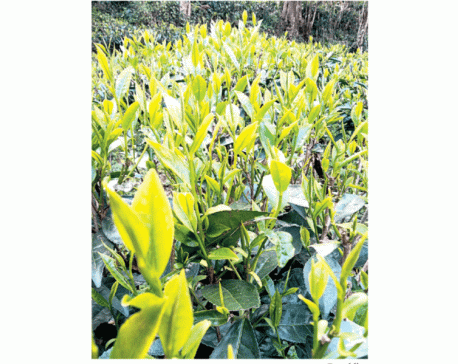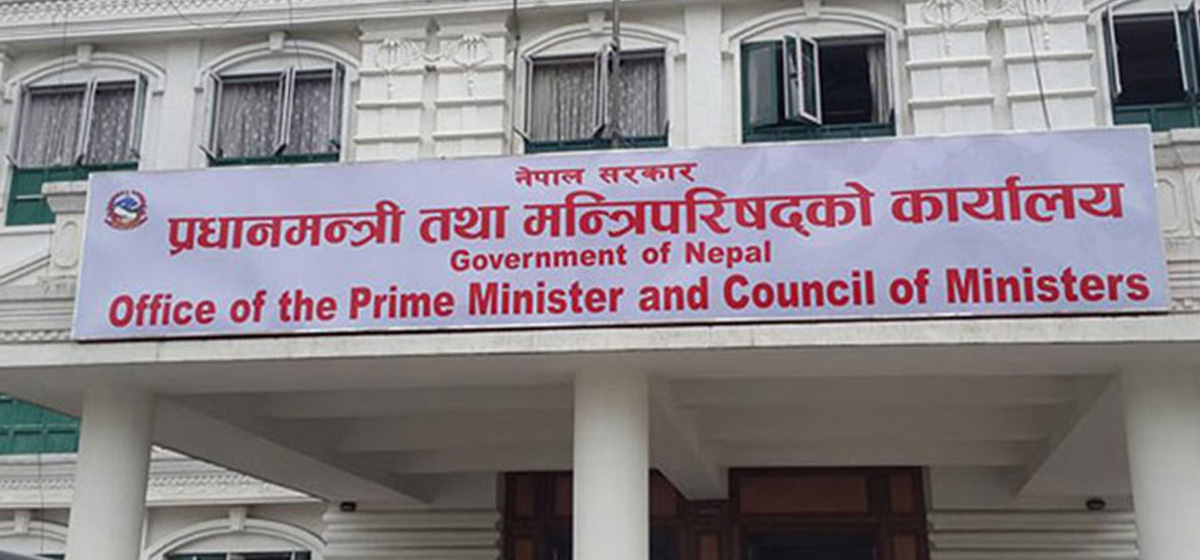
OR
Export earnings from edible oils plunged to one-third in FY 2022/23
Published On: August 9, 2023 09:00 AM NPT By: Republica | @RepublicaNepal

Export of palm, soybean and sunflower oils gave Nepal notable earnings in the past several years
KATHMANDU, Aug 9:The export of edible oils that had been giving the country notable revenue from abroad declined significantly in the last fiscal year.
The records with the Trade and Export Promotion Center (TEPC) shows that the export earnings from palm, soybean and sunflower oils dropped to one-third in the fiscal year 2022/23 compared to those in the previous fiscal year. The exports of these three edible oils dropped to Rs 29.425 billion from Rs 93.698 billion. It shows that the export earnings from these items dropped Rs 64.27 billion, during the review period.
The export of palm oil alone decreased by around 50 percent to Rs 20.5 billion. In the previous year, Nepal exported palm oil worth Rs 41.064 billion.
Likewise, there was a huge decline in the export of soybean oil. The earnings from the product fell to one-fifth, straight from Rs 48.120 billion to Rs 8.475 billion.
On the other hand, the export of sunflower oil also decreased by 90.21 percent. In the fiscal year 2021/22, Nepal exported sunflower oil worth Rs 4.51 billion, while the figure stood at mere Rs 441.83 million in 2022/23.
According to traders, the export of three edible oils dropped heavily after India revised its policy on import of raw materials and finished products of these oils.
Earlier, Indian traders had to pay up to 25 percent customs duty when these edible oils were imported from countries other than Nepal. In the revised rule, India has reduced the customs duty on import of palm and soybean oil from other countries to five percent.
Taking advantage of a clause in the South Asian Free Trade Area (SAFTA), Nepali traders used to export these oils to India. As the SAFTA agreement provisions zero tariffs on goods exported from underdeveloped countries like Nepal, Nepali traders have been importing crude palm oil from other countries paying minimum tariffs and then exporting the finished product to India with zero tariffs. India provides this facility to the Nepali products that have at least 30 percent value addition inside the country.
According to traders, export of edible oils to India declined sharply since India turned flexible to the imports from other countries too. “As a result, Nepali products lost their competitiveness in the Indian market,” said a trader.
Nepal imports raw soybeans from Argentina, Brazil, Paraguay, Indonesia and Ukraine, in particular. Likewise, crude palm oil is imported from Malaysia and Indonesia. The products are processed in Nepal and then are exported to the southern neighbor.
You May Like This

Inland Revenue Department meets revenue collection target in Q1
KATHMANDU, Oct 27: The Inland Revenue Department has succeeded in meeting its target of revenue collection in the first quarter of... Read More...

US Dollar surges to new height against Nepali Rupee
KATHMANDU, Nov 22: The US Dollar has soared to unprecedented levels against the Nepali rupee, reaching a record high, according... Read More...

Nepal exports tea worth Rs 38 million
JHAPA, Feb 7: Tea worth Rs 38 million has been exported from Nepal. ... Read More...




Just In
- Second day of Nepal Investment Summit to feature diverse discussions
- Ilam-2 by-election: UML’s Nembang leads by 4,523 votes
- UML’s Bhandari secures victory in Bajhang-1 by-election
- CIB probe into fake DL distribution case: PMO pressures public prosecutor to free arrested govt employees
- Police report one death in Bhojpur jeep accident
- Nepal faces Bangladesh Red in int'l U-19 Volleyball Championship final
- Nepal Investment Summit: Two organizations sign MoU for PPP cooperation
- Sita Air flight to Ramechhap returns to Kathmandu due to hydraulics issue















Leave A Comment